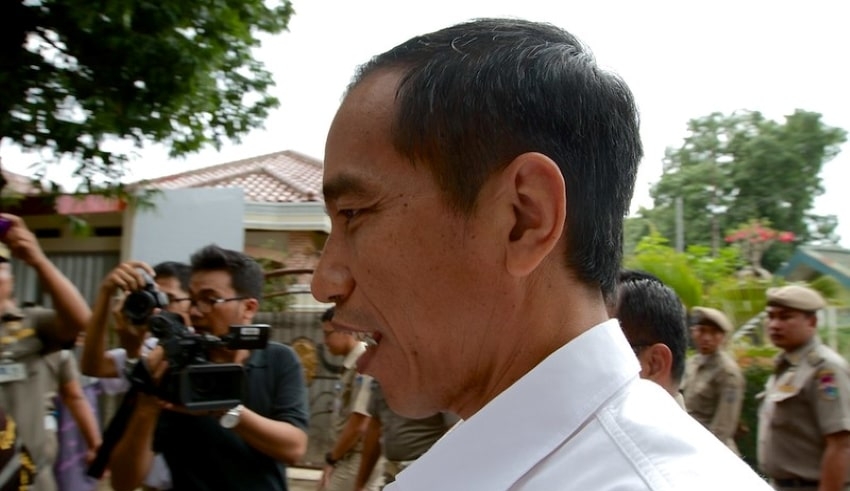
Indonesian trade unions threatened to stage a national strike next month after a committee in Parliament decided to move forward with planned labor reforms in the contentious” Job Creation “bill of President Joko Widodo.
Global investors are closely monitoring the Bill to see that its terms have not been weakened in parliamentary debates, as the largest economy in South-East Asia is seeking to contend for the relocation of manufacturing investment from China.
On the weekend, lawmakers in the legislative committee held meetings to finish discussing the bill so that it could be passed before Parliament on Oct 9 goes into recess. Several protests were organized by unions and green groups to protest the Bill, but last week’s protests were relatively small.
The Legislative Committee decided to slash the employer’s required severance benefits to 23 times the monthly salary, compared to a current limit of 32 times, said Mr. Firman Soebagyo, a Golkar party lawmaker.
He said that employees would still be eligible for the current level and that the difference would be supported by the government. The government decided to limit the annual severance benefits to 19 times the monthly salary, claiming that current laws were too generous and prevented employers from recruiting.
The committee also opposed a suggestion that the minimum wage should be related only to economic development and that labor-intensive companies should be able to set their own wages. They backed, however, plans to cut compulsory paid leave, which includes menstrual leave, and to allow longer hours of work.
The proposed labor reforms are part of the so-called “omnibus” bill, which incorporates improvements in more than 70 laws to enable Parliament to vote in one single swoop to speed up reforms. Until putting their support to a parliamentary vote, the Legislative Committee must now invite at least one government minister to agree on its decision.
Supratman Andi Atgas, chairman of the committee told that such a meeting is yet to be arranged as legislators are working on the legal drafting of the final version of the Bill.
























